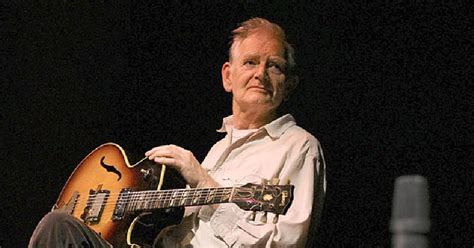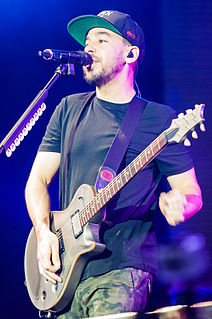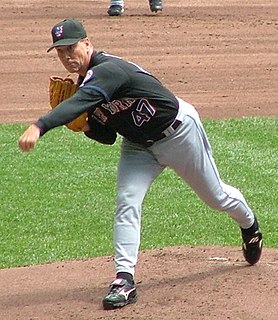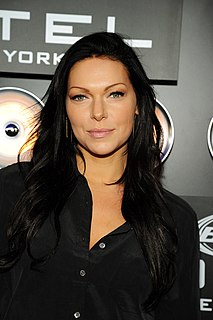A Quote by Pauline Oliveros
I have a variety of ways that I make music, but I'm working with the Thingamajigs in a particular way, which is: They are bringing to me their performance skills and their unusual instruments, which I'm relishing. They're really beautiful. The other thing is improvisation - these players improvise and they do it very beautifully, as a matter of fact.
Related Quotes
Free improvisation, in addition to being a highly skilled musical craft, is open to use by almost anyone-beginners, children, and non-musicians. The skill and intellect required is whatever is available. Its accessibility to the performer is, in fact, something which appears to offend both its supporters and detractors....And as regards method, the improvisor employs the oldest in music-making...Mankind's first musical performance couldn't have been anything other than a free improvisation.
For me, I don't really feel like I have any particular main influences or artists that I pull from; it's more of an underlying effect of such a big range of music that I love and I identify with - and all of that plays into what I do in minimal ways. I just really try to make music that reflects my identify, which is hard to pin down and is a lot of different things. I strive to make music that is hard to describe and meshes a lot of different genres, with the vocals being the thing that ties it all together.
Variety is very, very good. Going from medium to medium, if you get the chance to do it, from theater to television to film, which are all distinctly different, keeps me sharp. What works in one doesn't work in the other, and you have to be looking for the truth of the performance, whatever way that medium might demand.
The ways in which people are damaged are the ways in which they're strong. It's what makes people interesting - what they've overcome and how, and what they haven't and how that's become a good thing. Almost everyone's life is both a gorgeous story and a tragedy. I think being alive is really, really hard, and I'm constantly stunned and amazed by people who make it interesting and beautiful.
Inflation is certainly low and stable and, measured in unemployment and labour-market slack, the economy has made a lot of progress. The pace of growth is disappointingly slow, mostly because productivity growth has been very slow, which is not really something amenable to monetary policy. It comes from changes in technology, changes in worker skills and a variety of other things, but not monetary policy, in particular.
We are, in fact, hyper-dimentional objects of some sort which cast a shadow into matter, and the shadow in matter is the body. And at death, what happens basically, is that the shadow withdraws, or the thing which cast the shadow withdraws, and metabolism ceases, and matter which had been organized into a dissipative structure in a very localized area, sustaining itself against entropy by cycling material in and degrading it and expelling it, that whole phenomenon ceases, but the thing which ordered it is not affected by that.
Music and writing do fold together in the sense that you have to have a certain level of skill in order to execute your ideas and you need a medium. The idea of improvisation is one that many writers fall into, and I improvise a great deal when I'm writing, but there's a structural framework that I'm working around, and that takes more time than the actual writing. Once the characters get to yapping and talking, they'll move from one room to the next, and I just have to make sure that the house is built. That's really hard, that's the kind of thing that sits with you all day long.
Undeniably, the audience for improvisation, good or bad, active or passive, sympathetic or hostile, has a power that no other audience has. It can affect the creation of that which is being witnessed. And perhaps because of that possibility the audience for improvisation has a degree of intimacy with the music that is not achieved in any other situation.
Heidegger wrote a book called Was Ist Das Ding - What Is a Thing? which was kind of interesting and influential to me, as a matter of fact. It's a small paperback, which I read. It's about the nature of thingness; what is it? It's a very penetrating analysis of that, and I think a rather influential book. I know other artists who have read it and come up with it.








































